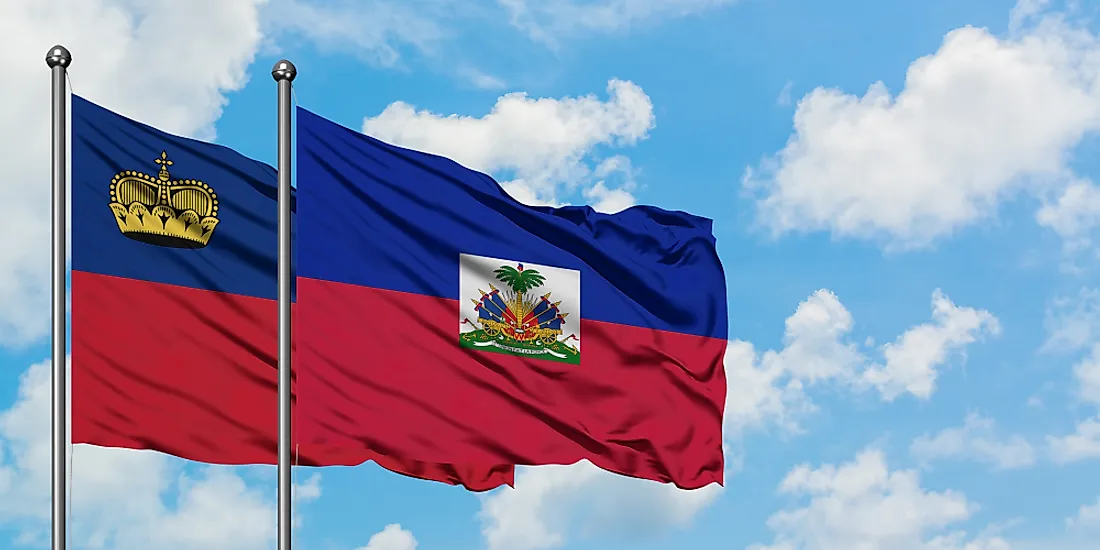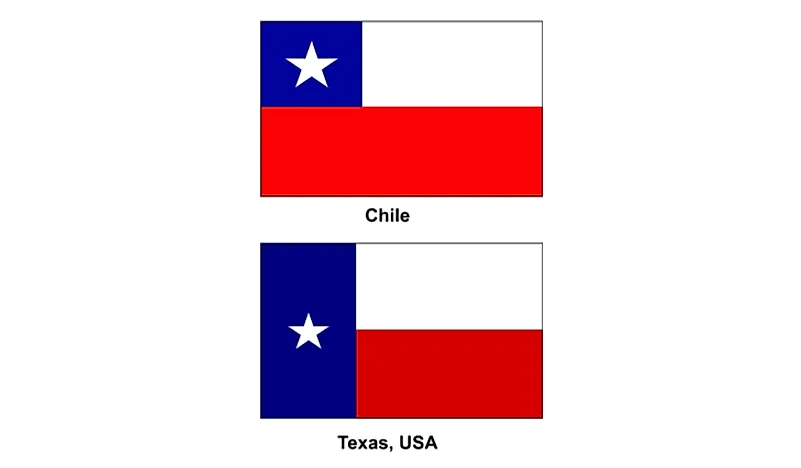The capital city of Nigeria is Abuja, located in the center of the country and surrounded by the Nasarawa, Bida, and Minna districts. The city was settled in 1828 and was designated the capital of Nigeria on 12 December 1991. The Nnamdi Azikiwe International Airport, as well as the federal highway and rail network, serve the city's transportation needs. Abuja is a twin city of Toronto, Canada and Buffalo, United States of America.
In 2015, the population of Abuja was estimated at 1.6 million people and the city grew extremely quickly from 2000-2015. The population of Abuja are considered wealthy when comparing with other residents of the continent and the economic opportunity in Abuja is seemingly always growing. The population of Abuja is a large mixture of different ethnicities, cultures, and languages.
Attractions in the city are abundant and cater to all kinds of tourists. Shopping is well covered in Abuja with the various local markets as well as the Jabi Lake and Grand Towers Malls. Local cultural attractions include the Abuja National Mosque, Anglican Church of Nigeria, and Thought Pyramid Art Centre. Usman Dam and Jabi Lake are just two of the many scenic attractions around and in the city.
The climate of Abuja is considered a tropical wet and dry environment. There are three distinct seasons in Abuja, the warm and humid rainy season, an extremely dry period, as well as a brief period of dust and haze known as harmattan. The rainy season takes place from April-October with August usually being the wettest month of the year. November and December are usually the months of harmattan conditions and the rest of the year is extremely dry and hot. January sees just 1.7 millimetres (0.07 inches) of rain on average compared to August which receives an annual average of 262.7 millimetres (10.34 inches).
This page was last modified on May 1st, 2018
More on Graphicmaps

Published on 2019-11-06
What is a Trade Embargo?

Published on 2019-11-04
Which Two Countries Used to Have the Same Flag?

Published on 2019-09-16
What Is the Only Two-Sided State Flag?

Published on 2019-09-16
Which Country Flag Looks Like the Texas Flag?

Published on 2019-08-29
Flags That Resemble the US Flag

Published on 2019-08-20
